The 24th Workshop will be held from 24th to 26th March 2022 in Seville, Spain.
After a long two years, we are looking forward to seeing each other in person again!
For more information, check out the IWHOD website.
We are pleased to announce the trainees for the Fogarty-IeDEA Mentorship Program (FIMP) here!
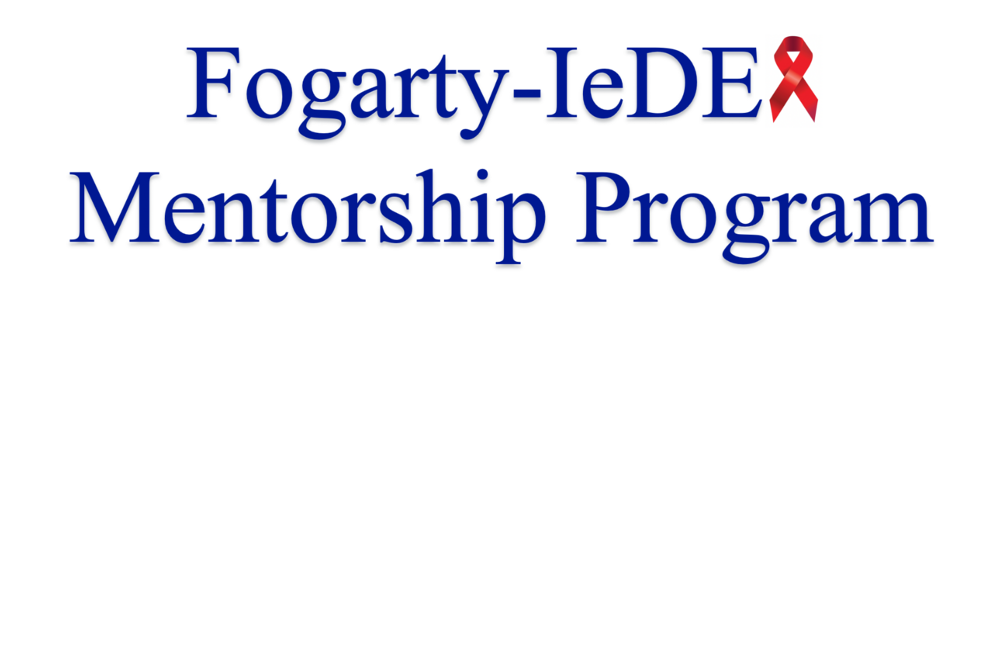
"Going beyond HIV: fostering early career investigators and multiregional collaboration"
The 2019 All Africa Meeting has successfully concluded in Johannesburg.
For more information click here
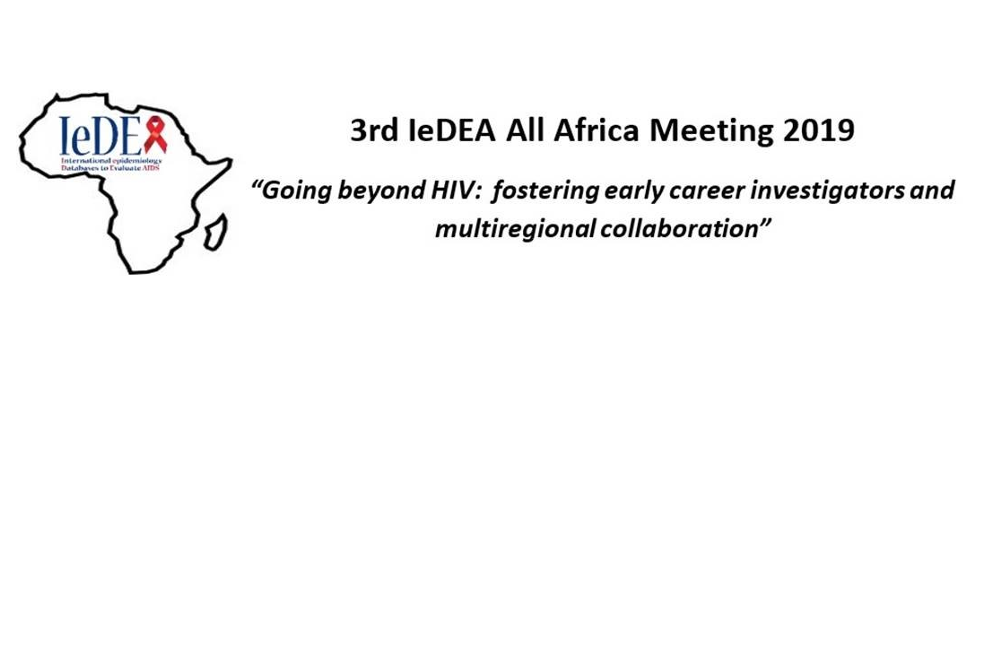
IeDEA Southern Africa meeting concludes in Muldersdrift near Johannesburg. October 2017
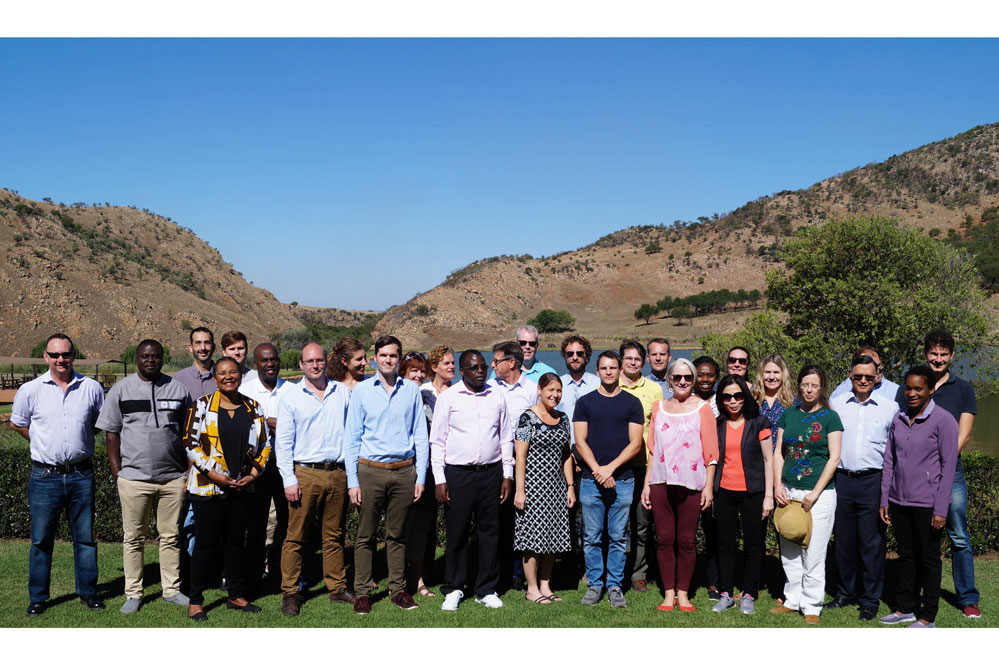
IeDEA collects HIV/AIDS data from seven international regional data centers, including four in Africa, and one each in the Asia-Pacific region, the Central/South America/Caribbean region, and North America. These regional data centers consolidate, curate and analyze data on care and treatment of HIV to evaluate the outcomes of people living with HIV/AIDS.
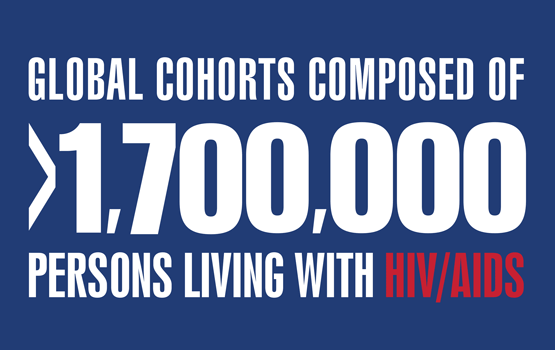
Registration closes February, 12
For more information visit the CROI 2020 website
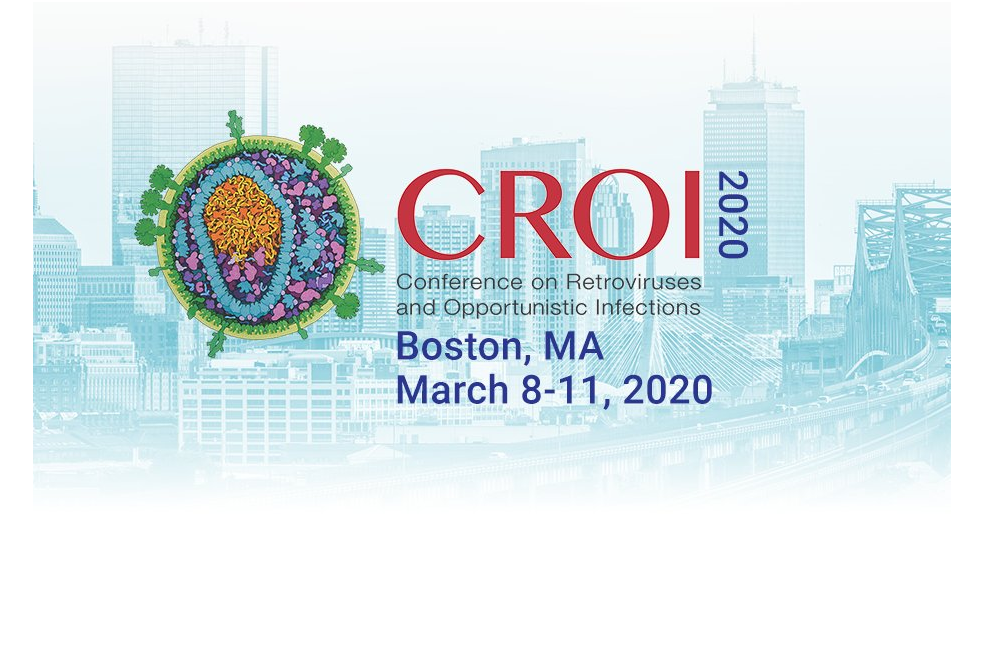
The International Workshop on HIV and Hepatitis Observational Databases (IWHOD) brings senior and junior HIV and hepatitis observational database researchers together to advance the methodology and analysis of observational data.
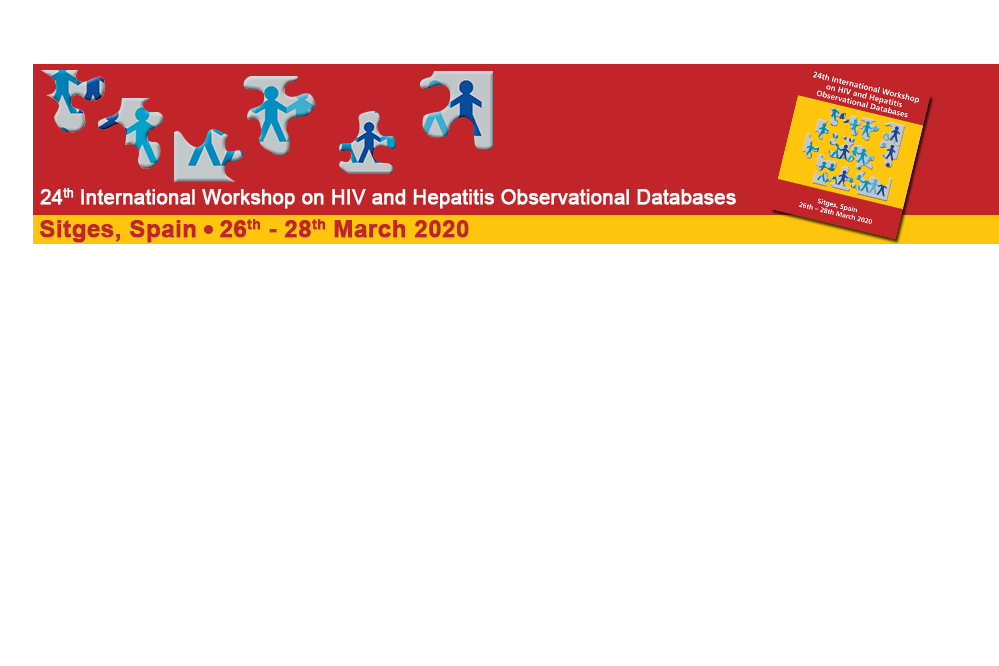
The 14th INTEREST CONFERENCE will be held in Windhoek, Namibia from May 5 to 8, 2020.
Known as the “African CROI” the INTEREST Conference brings together scientists involved in HIV treatment, pathogenesis, and prevention research in Africa.
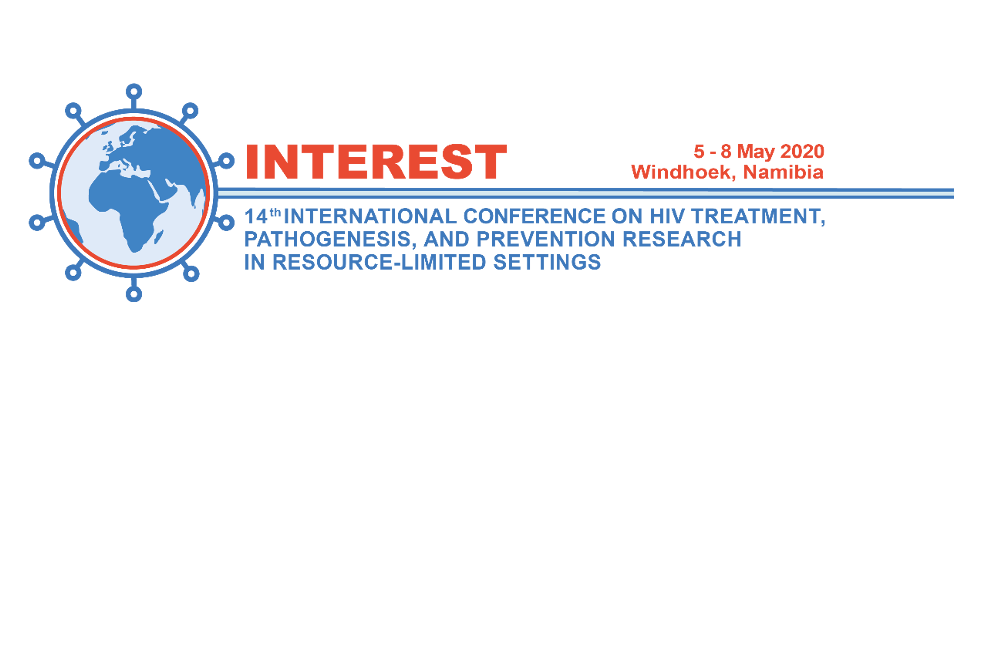
15th International Conference on HIV Treatment and Prevention Adherence will take place June 7-10, 2020 in Orlando, Florida
For more information and to register, visit the Adherence website
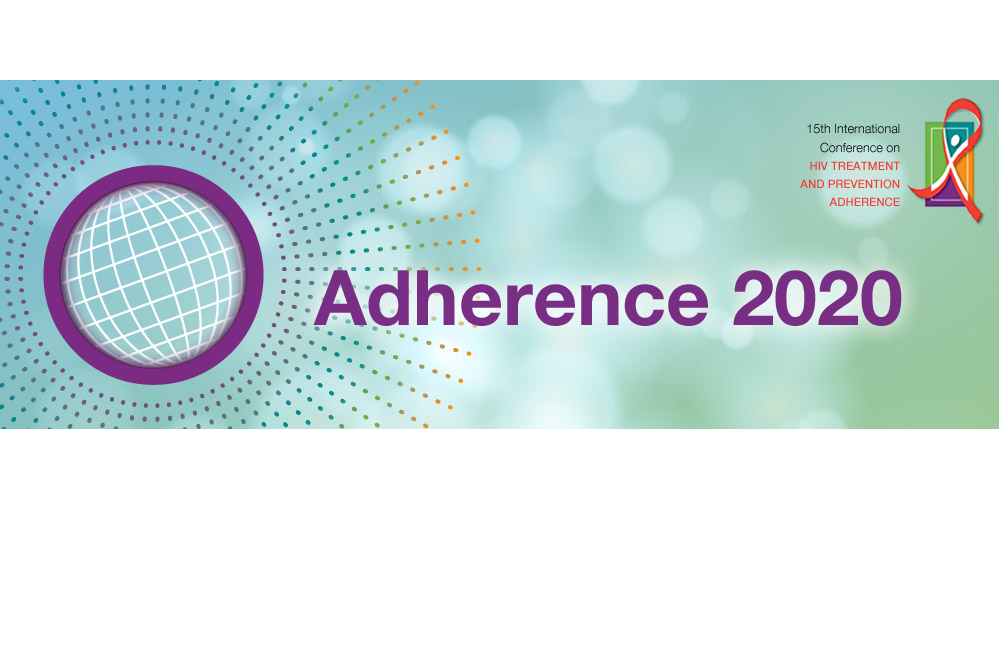
The 23rd International AIDS Conference will take place in San Francisco and Oakland from July 6-10, 2020.
Registration to AIDS2020 is open
Scholarship applications close January 23, 2020
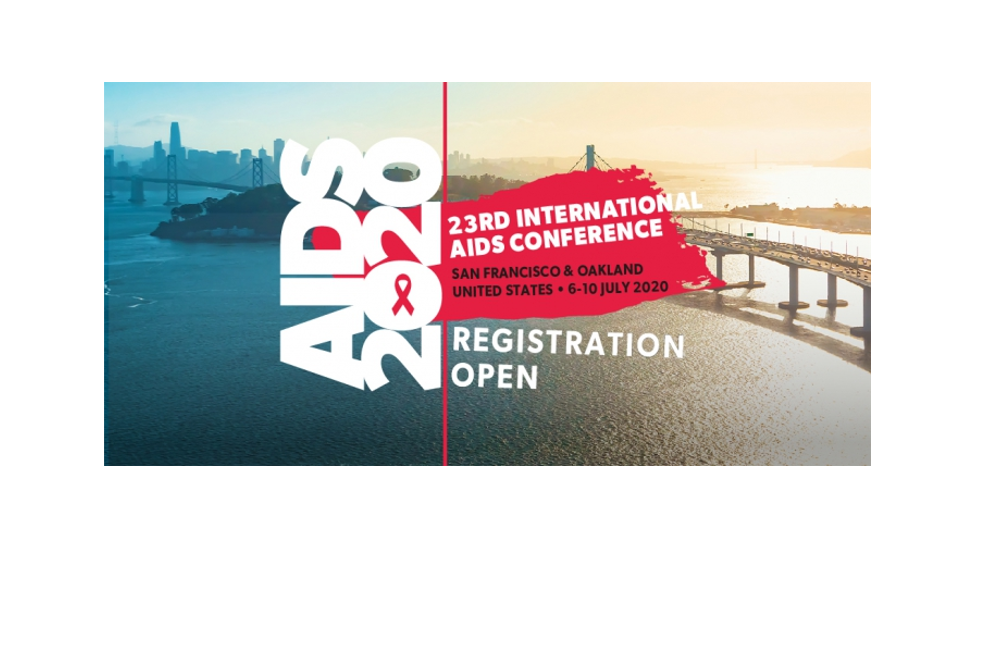
Southern Africa is the epicentre of the HIV/AIDS epidemic, with some of the largest antiretroviral therapy (ART) programmes worldwide. By June 2015, UNAIDS estimated 15.8 million people had started ART, 3 million in South Africa alone.
The International epidemiology Databases to Evaluate AIDS Southern Africa collaboration (IeDEA-SA) undertakes research to improve the long-term delivery of HIV care and ART services. The combined database includes individual-level data on more than 640,000 adults and children on ART in 16 large collaborating cohorts in Malawi, Zambia, South Africa, Mozambique, Lesotho and Zimbabwe.

April 8, 2025
After nearly two decades of leadership, Prof. Matthias Egger is stepping down as Multi-Program Director of the International epidemiology Databases to Evaluate AIDS Southern Africa (IeDEA-SA). The collaboration welcomes Dr. Eliane Rohner, Dr. Gilles Wandeler, and Dr. Cleophas Chimbetete as the new leaders alongside the previous MPI Prof. Mary-Ann Davies who is based at the University of Cape Town in South Africa.
Matthias Egger, co-founder of the IeDEA collaboration, is handing over after 18 years of dedicated leadership. Since the program’s inception in 2006, he has successfully led the team through three grant recompetitions, ensuring continued funding and growth. His leadership played a pivotal role in establishing the collaboration as a key player in HIV research across the region.
Taking over the helm are Drs. Eliane Rohner, Gilles Wandeler, and Cleophas Chimbetete, each bringing extensive expertise and a shared commitment to the collaboration’s mission. Drs. Rohner and Wandeler are based at the IeDEA-SA data center at the Institute of Social and Preventive Medicine in Bern, while Dr. Chimbetete has been the IeDEA-SA site investigator for the Newlands Clinic in Harare, Zimbabwe, for many years.
The new leadership team aims to build on Matthias Egger’s legacy by expanding research capacity, fostering regional partnerships, and addressing emerging public health challenges. They will continue to prioritize interdisciplinary collaboration and innovative research approaches.
Matthias Egger will remain involved in an advisory capacity and support the transition. The IeDEA-SA community expresses its deep gratitude for his visionary contributions, as it transitions into a new chapter.

April 1, 2025
The annual INTEREST Conference is the premier scientific conference for HIV in Africa and brings together scientists involved in HIV treatment, pathogenesis, and prevention research from around the world. For more information, visit the conference website.
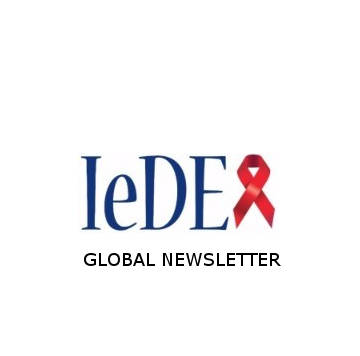
March 27, 2025
Read our latest global newsletter here.

November 26, 2024
Read our latest global newsletter here.

September 26, 2024
Read our latest global newsletter here.

July 19, 2024
Read our latest global newsletter here.

April 2, 2024
Read our latest global newsletter here.

January 24, 2024
Read our latest global newsletter here.
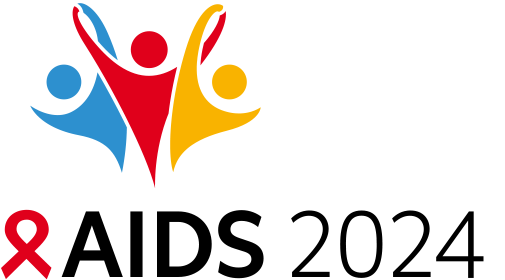
December 1, 2023
AIDS 2024, the 25th International AIDS Conference, will take place in Munich, Germany and virtually from July 22-26, 2024. For more information, visit the conference website.

Read our latest global newsletter here.

October 11, 2023
The next IWHOD workshop will be held from March 21-23, 2024 in Vilamoura, Portugal. For more information visit the IWHOD website.

The next CROI conference will take place in Denver, CO from March 3-6, 2024. For more information, visit the conference website.


September 26, 2023
Read our latest global newsletter here.

July 31, 2023
Read our latest global newsletter here.

May 31, 2023
Read our latest global newsletter here.

March 27, 2023
Read our latest Global Newsletter here.

February 7, 2023
Read our latest Global Newsletter here.

November 21, 2022
Read our latest Global Newsletter here.

September 30, 2022
Read our latest Global Newsletter here.

August 2, 2022
Read our latest Global Newsletter here.

May 23, 2022
Read our latest Global Newsletter here.

March 31, 2022
Read our latest Global Newsletter here.
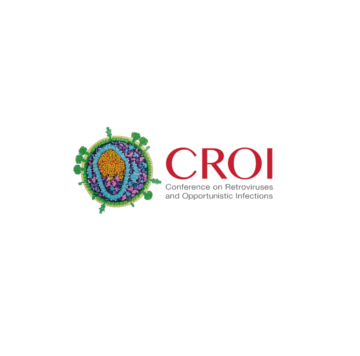
March 25, 2022
Webcasts of oral abstract, plenary, interactive, opening session, workshop, and symposium presentations from CROI 2022 are now available to the public on the CROI Webcast site.
Do not miss looking through the CROI 2022 Resources page for all materials from the conference!
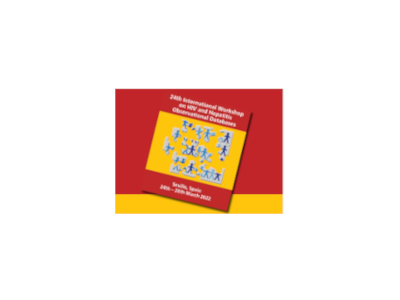
March 22, 2022
The 24th Workshop will be held from 24th to 26th March 2022 in Seville, Spain.
After a long two years, we are looking forward to seeing each other in person again!
For more information, check out the IWHOD website.

January 25, 2022
Read our latest Global Newsletter here.
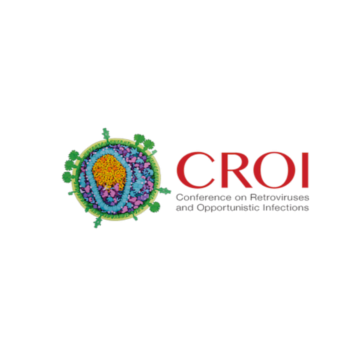
January 21, 2022
The Conference on Retroviruses and Opportunistic Infections (CROI) 2022 is now fully virtual.
It will take place from February 12-16, with symposia on February 22,23 and 24.
To view the updated preliminary program, click here.
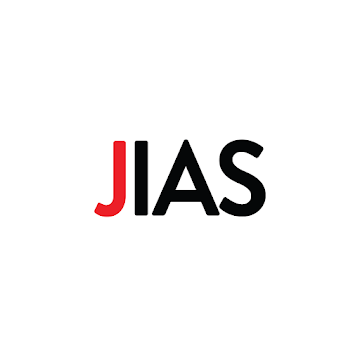
November 29, 2021
The Journal of the International AIDS Society (JIAS) has issued a call for abstracts for research articles for their planned supplement “Ageing with HIV” (scheduled to be published in October 2022).
Deadline: 1 December 2021.
For more details see the following link.

Read our latest Global Newsletter here.
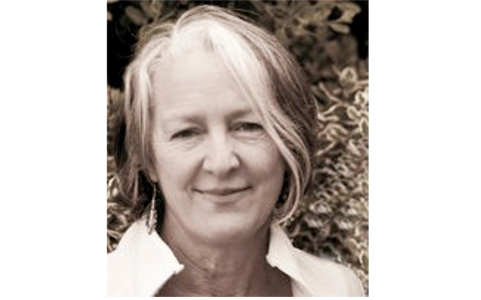
November 2, 2021
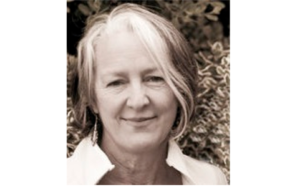 Don’t miss Dr Morna Cornell speak about her journey in research of men and HIV.
Don’t miss Dr Morna Cornell speak about her journey in research of men and HIV.
Title: Using routine data and advocacy to identify and address gaps in HIV services for men in sub-Saharan Africa: a personal journey
Date & time: 3rd of November 12:00-13:00 GMT (London time)
Zoom link: https://lshtm.zoom.us/j/96673102781
For more information visit the MeSH Consortium Website.

September 27, 2021
Read our latest Global Newsletter here
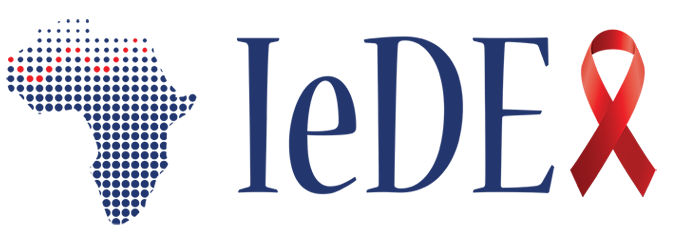
September 7, 2021
![]() IeDEA is excited to share news of the launch of the IeDEA Treat All Dashboard, which aims to disseminate data on spatial and temporal trends related to patient enrollment in HIV care, timely treatment initiation, and viral load suppression at HIV clinics in Central, East, Southern and West Africa that participate in IeDEA. The Dashboard also displays metrics related to CD4 testing and CD4 cell count at care enrollment.
IeDEA is excited to share news of the launch of the IeDEA Treat All Dashboard, which aims to disseminate data on spatial and temporal trends related to patient enrollment in HIV care, timely treatment initiation, and viral load suppression at HIV clinics in Central, East, Southern and West Africa that participate in IeDEA. The Dashboard also displays metrics related to CD4 testing and CD4 cell count at care enrollment.
Interactive features enable users to view metrics for and within each IeDEA region, stratify data by sex and age group, and assess the precision of certain estimates with the display of 95% confidence intervals and interquartile ranges.
We hope the IeDEA Treat All Dashboard will be a useful resource for IeDEA partners involved in the local, national and international response to the HIV epidemic, as well as a broad array of researchers and decision-makers.
Visit the IeDEA Treat All Dashboard.

September 6, 2021

During this second part of the MeSH Webinar series, Ndeshi Conteh and Susie Welty from the University of Carolina, San Francisco will present a case study for recent infection surveillance data use from Namibia.
Date & time: 15th of September 12:00-13:00 BST
Zoom link: https://lshtm.zoom.us/j/91740624491
For more information, visit the MeSH Website.
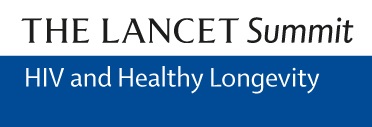
August 30, 2021
The Lancet HIV and The Lancet Healthy Longevity journals are hosting a two-day virtual meeting (Feb 24–25, 2022) on the intersection of the two fields of interest (the “HIV and Healthy Longevity” Summit). The meeting will be a series of high-level talks reviewing key topics and oral presentations (from abstract submissions) of relevant research.
For more information visit the Summit website.

August 19, 2021
A new Webinar Series from MeSH on Strengthening Routine HIV Data will start on 25th August. The first talk will take place on 25th August, 12:00-13:00h BST and is looking into “Understanding the Transition Period into Sex Work and Service Access Gaps Among Young Women Who Sell Sex, and its Implications for HIV Programming.”
The series of webinars are running from August to November and focus on the work of brilliant women in the HIV field. They will discuss their contributions to strengthening the understanding, collection, analysis, and use of routine HIV data towards the aim of accelerating and tracking HIV decline in sub-Saharan Africa. Each webinar will be a live with 20-30 minutes of presentation, followed by 20-30 minutes of discussion with the audience.
For more information visit the MeSH website.
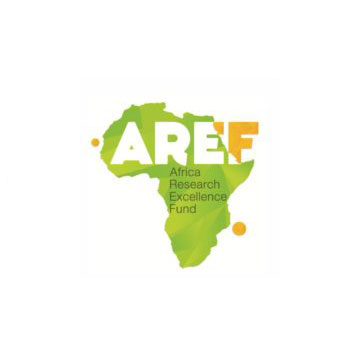
During the weeks of 11 October and 15 November 2021, AREF are hosting an Essential Grant Writing Workshop for African health researchers from selected African countries.
The aim of this workshop is to enable talented early-career health- and health-related researchers to build skills to develop their own research and fellowship proposals of the quality required to win competitive international, regional, and national funding.
For more information and to find out about eligibility, please visit their website. Deadline to apply for this workshop is Friday 20 August.
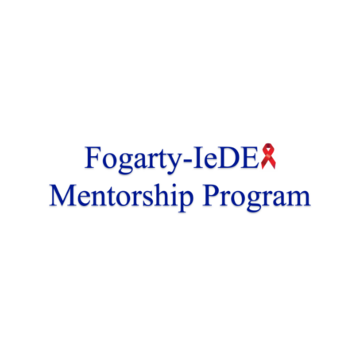
The International Epidemiology Databases to Evaluate AIDS (IeDEA) is an international research consortium established in 2006 by the US National Institute of Allergy and Infectious Diseases to provide a rich resource for globally diverse HIV/AIDS data. The consortium consists of seven global regions: North America (NA-ACCORD); the Caribbean, Central and South America (CCASAnet); the Asia-Pacific; East Africa; Central Africa; West Africa; and Southern Africa. To date, the consortium houses data on over 2 million adults and 200,000 children and adolescents living with HIV. This wealth of data is an excellent resource for training new investigators. In collaboration with the Fogarty International Center (FIC), six IeDEA regions working in low- and middle-income countries have created training opportunities under the Fogarty IeDEA Mentorship Program (FIMP). Within each region, two 24-month mentee slots will be open to current and recent FIC D43 trainees, and IeDEA-affiliated investigators, for a total of 12 positions globally.
Applications Open: Monday, July 26th
Orientation Webinars: Week of August 9th
Applications due: Monday, October 25th
For more information continue reading here.

August 1, 2021
Read our latest Global Newsletter here
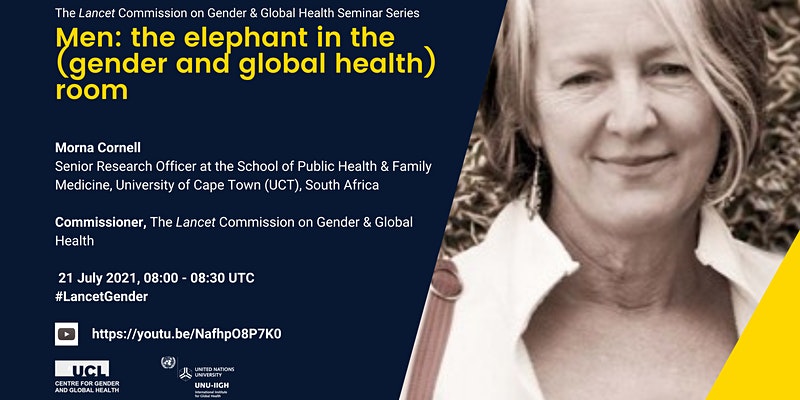
July 30, 2021
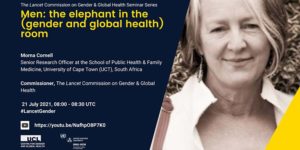 The recently established Lancet Commission on Gender and Global Health is delighted to announce a new fortnightly seminar series open to all. The Series accompanies the development of the Commission, inviting Commissioners and Co-Chairs to discuss a key topic, question, or challenge that the Commission hopes to tackle. The series aims to involve a range of stakeholders and voices in its work and promote discussion and debate on gender and health.
The recently established Lancet Commission on Gender and Global Health is delighted to announce a new fortnightly seminar series open to all. The Series accompanies the development of the Commission, inviting Commissioners and Co-Chairs to discuss a key topic, question, or challenge that the Commission hopes to tackle. The series aims to involve a range of stakeholders and voices in its work and promote discussion and debate on gender and health.
In the eleventh event of the series, Commissioner Morna Cornell, Senior Researcher & Project Manager, IeDEA-Southern Africa, highlighted the historical neglect of men in the response to HIV, and in public health more broadly.

July 16, 2021
Mark the date: November 1, 2021, is the general abstract and scholarship submission deadline for the 29th Conference on Retroviruses and Opportunistic Infections (CROI). CROI 2022 will be held on February 13 to 16, 2022, and is currently planned as a hybrid conference to include both virtual and in-person participation. The in-person component, hosted in Denver, Colorado, USA, will feature additional sessions and networking opportunities for those attending live. The CROI Scientific Program Committee will monitor the COVID-19 pandemic carefully in terms of changes in the safety and practicality of hosting an in-person component.

July 1, 2021
The HIV Modelling Consortium will fund two candidates who are based in sub-Saharan Africa to attend a two-week online training course in mathematical modelling.
The course is aimed at policy-makers, public health professionals, academic researchers or anyone who needs to develop, use or interpret mathematical modelling for public health decision-making. Only a very basic mathematical ability is required to attend. The course runs from 6th-15th Sept 2021 and is organised by Imperial College London. More details are provided here: https://www.infectiousdiseasemodels.org.
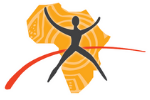
June 21, 2021
The registration for the AORTIC Conference is now open. The conference will take place virtually from November 5-10, 2021.
For more information visit their website
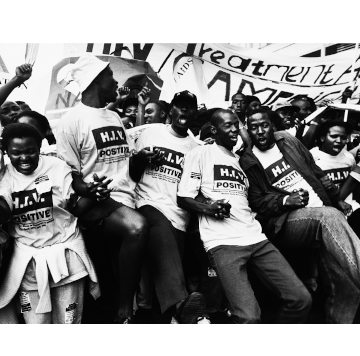
June 3, 2021
Morna Cornell and Leigh Johnson of IeDEA-SA recently co-authored an invited Comment for The Lancet to mark the 40th anniversary of the first cases of AIDS. Focusing on eastern and southern Africa, the epicentre of the pandemic, they noted the remarkable progress in access to HIV testing and care in sub-Saharan Africa, largely driven by activism and advocacy. They highlighted persistent gender disparities across the HIV continuum, with heterosexual men – particularly those aged 35-49 years – the largest unaddressed gap in HIV services.
The complete comment can be accessed here.

May 31, 2021
Read our latest newsletter here

April 17, 2021
Read our latest newsletter here

January 28, 2021
Read our latest Global Newsletter here

November 26, 2020
Read our latest Global Newsletter here

October 20, 2020
The abstract and scholarship submission for CROI 2021 will open this week with a submission deadline of December 1, 2020.
CROI 2021 will take place virtually from March 6 to 10, 2021.
All abstracts presenting new research in HIV infection and other emerging viral infections such as hepatitis C virus or COVID-19/SARS-CoV-2 are eligible for submission. The Scientific Program Committee and external reviewers select submissions on the basis of their medical and scientific significance, timeliness, quality of data and methodology. For more information visit the CROI 2021 website.
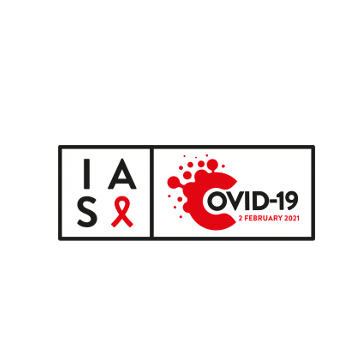
The IAS COVID-19 Conference: Prevention will address the latest in prevention related science, policy and practice. The conference will take place virtually on Tuesday, 2 February 202 and will include invited-speaker sessions and abstract presentations.
For more information click here

October 1, 2020
Read our latest Global Newsletter here
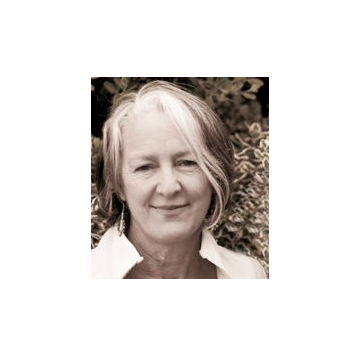
August 24, 2020
Morna Cornell, Senior Researcher from our IeDEA-SA team in Cape Town, South Africa, has been appointed commissioner to The Lancet Commission on Gender & Global Health.
To read more about this new Commission, continue reading here. The complete list of commissioners can be accessed here.
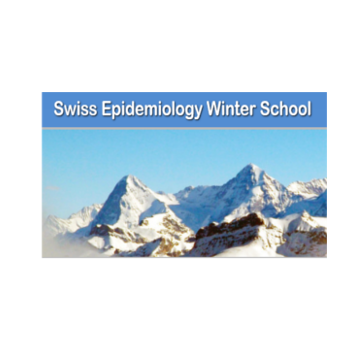
July 28, 2020
The program for the 2021 Swiss Epidemiology Winter School 2021 is out! The details can be found on their website and will be added gradually.
It is currently assumed that the Winter School 2021 will take place. Should this not be possible due to official measures to prevent Covid-19, it is possible to cancel the event.
REGISTRATION
The registration opens on 31 August at noon.

The Africa Research Excellence Fund (AREF) is currently recruiting active scientists with about 5 to 10 years postdoctoral research experience relevant to Africa’s human health challenges to the AREF College of Experts.
The primary role of College members is to advise AREF on the quality of applications for funding and to provide constructive feedback for the applicants.
They are especially keen to recruit African researchers from Africa, working in the sub-region or overseas, who have a demonstrable track record of research, including in project leadership, researcher supervision, mentorship and international collaboration. Commitment to bringing on a new generation of potential research leaders in Africa is essential.
For more information and to apply please visit their website.

July 25, 2020
Read our latest Global Newsletter here

June 30, 2020
The Journal of the International AIDS Society (JIAS) has launched its new Supplement entitled “Men & HIV: insights from sub-Saharan Africa”, which can be accessed here
There is growing recognition that engaging men will be key to reaching the 95-95-95 UNAIDS targets for HIV. In 2017, UNAIDS released the report “Blind Spot: Reaching out to men and boys” acknowledging that men are disproportionately less likely than women to know their HIV status, less likely to access and adhere to HIV treatment and more likely to die as a result of AIDS-related illnesses. If we are to reach the goal of no new HIV transmissions by 2030, improved engagement of men across the HIV care cascade is critical.

The Africa Research Excellence Fund (AREF) is delighted to announce a new funding opportunity for scientists in Africa: The AREF Research Development Fellowship Programme 2020.
The Funding competition is now open and full details can be found on their website.
Application deadline is 23 September 2020

May 23, 2020
Read our latest Global Newsletter here
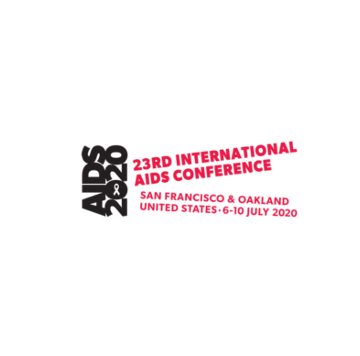
April 21, 2020
Submissions for late-breaker abstracts for the 23rd International AIDS Conference are now open. This is an opportunity to showcase your research at the largest virtual conference on HIV in the world.
The late-breaker submission deadline is now 25 May 2020 to allow more time for authors to submit research. We welcome late-breakers that address the implications of COVID-19 for the global HIV response.
Submit your late-breaker here

March 30, 2020
For more information visit the AIDS2020 website

Read our latest Global Newsletter here

March 28, 2020
The IeDEA presentations from CROI 2020 are now available for viewing – for the complete overview see here
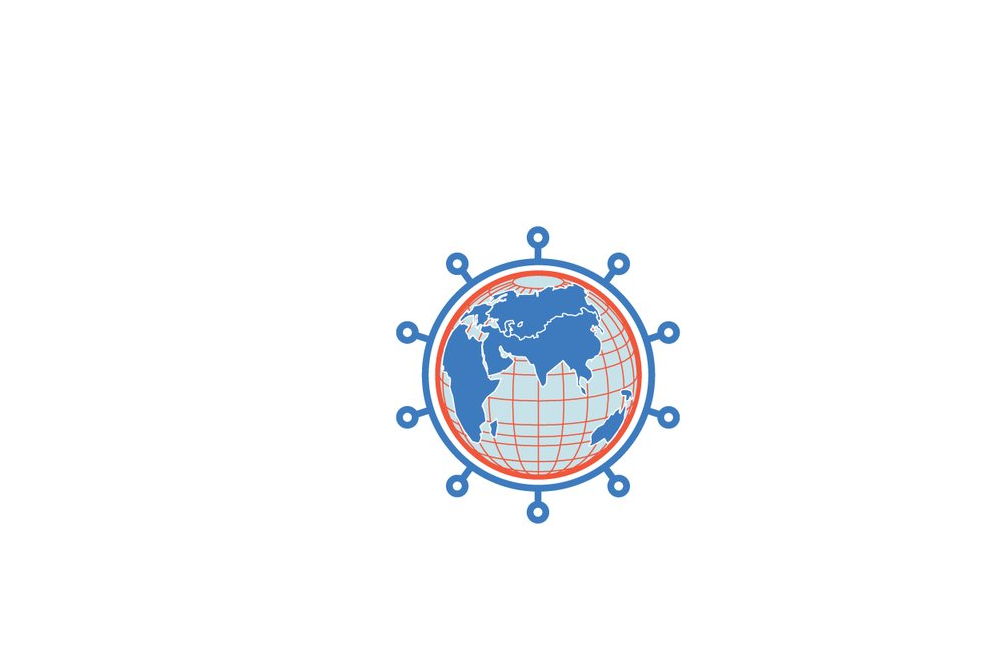
March 25, 2020
Given the evolving COVID-19 pandemic, INTEREST conference will not take place in May 2020 scheduled. The Namibian government, the Local Organising Committee, and the management teams of the Amsterdam Institute for Global Health and Development and Virology Education have decided to postpone INTEREST 2020.
INTEREST 2020 will instead take place in Windhoek, Namibia, from December 1 – 4, 2020.
For more information visit the INTEREST website

February 3, 2020
Read our latest Global Newsletter here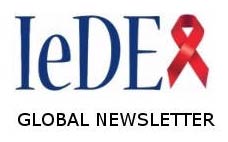

January 22, 2020
The AIDS 2020 Scholarship Programme is open to everyone with experience in HIV and AIDS who is at least 16 years of age.
Scholarship applications close 23 January 2020.
Submit your application here

January 14, 2020
 The abstract submission for INTEREST 2020 is now open! INTEREST will be held in Windhoek, Namibia from May 5-8, 2020.
The abstract submission for INTEREST 2020 is now open! INTEREST will be held in Windhoek, Namibia from May 5-8, 2020.
Abstract Submission Deadline: January 31, 2020
Abstracts accepted for oral or mini-oral presentation will be eligible for travel and accommodation support.
For more information visit Abstract Submission
Abstracts may be submitted in either English or French in one of the following topic areas:

December 20, 2019
We are pleased to announce the inaugural group of trainees for the Fogarty-IeDEA Mentorship Program (FIMP)!
In collaboration with the Fogarty International Center (FIC) of the US National Institutes of Health, six IeDEA regions working in low- and middle-income countries have created training opportunities for participants of FIC D43 HIV research and training programs, as well as for IeDEA regional investigators.
The FIMP is designed to help trainees develop skills in study design, data management, analysis, interpretation and dissemination of research involving large HIV clinical databases generated within IeDEA. As part of the FIMP, mentees will have access to IeDEA regional data for analyses that are conducted under the supervision of their respective IeDEA regions.

December 19, 2019
The late abstract submission for CROI 2020 is now open. The deadline for submission is January 15, 2020.
To submit an abstract please visit the CROI Abstract Submission Portal.
The general registration application system is also open and accepting applications.
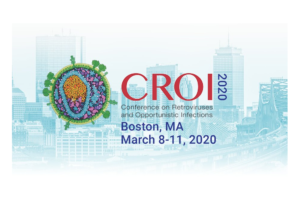
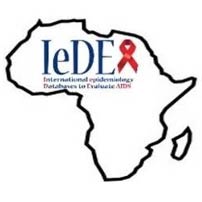
November 20, 2019
 Link to Meeting Agenda and Slides
Link to Meeting Agenda and Slides
IeDEA All Africa meeting: Purpose and program
IeDEA Southern Africa hosted IeDEA’s third All Africa Meeting in Johannesburg, South Africa, from 30-31 October 2019. Attended by 180 participants from 20 predominantly African countries, the meeting focused on fostering early career investigators and multiregional collaborations, and exploring issues beyond HIV – including tuberculosis (TB), non-communicable diseases (NCDs), cancer, and mental health.
The IeDEA All Africa meetings have been held approximately bi-annually and play an important role in strengthening and accelerating research collaboration across sub-Saharan Africa, which bears the greatest burden of the HIV epidemic. Mary-Ann Davies, co-Principal Investigator for Southern Africa, opened the meeting by comparing IeDEA research with the inspirational story of Kenyan athlete, Eliud Kipchoge, who recently achieved the seemingly impossible by being the first and only person to run a marathon in less than two hours. She encouraged participants to see the deep and broad benefits of collaboration, and set the tone of the meeting with Kipchoge’s quote: “100% of me is nothing compared to 1% of the whole team.”
The program included 4 capacity-building workshops, 1 workshop on cervical cancer prevention, 2 plenary sessions, and a review of progress on “Treat All” research priorities, which was the focus of the previous All Africa meeting led by IeDEA-Central Africa in 2017. Early career investigators showcased their work in oral and themed poster presentations, and each region workshopped a multiregional concept.
As one participant commented, “Sharing experiences with others during these meetings are opportunities to think more about research questions that should be addressed in your own country or region.”

Plenary sessions on local epidemics and advancing HIV treatment-related research
In the opening plenary, Glenda Gray, President of the South African Medical Research Council, highlighted South Africa’s triple burden of HIV, TB and NCDs, compounded by interpersonal violence, which are challenges that present opportunities for research.
Neil Martinson, CEO of the Perinatal HIV Research Unit, Soweto, South Africa, spoke about the Regional Prospective Observational Research in TB (RePORT-TB) multi-country collaboration to enhance regional capacity and advance science using common protocols, and provided sage advice for those setting up TB research cohorts.
Lloyd Mulenga, National Coordinator for HIV, Ministry of Health, Zambia, described challenges and successes of implementing the national dolutegravir roll-out. He noted that research was still needed on safety of this antiretroviral medicine in children, in bones and kidneys, and in individuals co-infected with hepatitis B virus.
Priscilla Tsondai, IeDEA Southern Africa PhD candidate, and Rachel Vreeman, Chair of the IeDEA Pediatric Working Group and East Africa IeDEA investigators, highlighted the importance of adolescents living with HIV and the need for dedicated data collection to assess transition to adulthood.

Supporting early career investigators
IeDEA, and provided opportunities for interaction with senior investigators. Chairing a poster session on children and adolescents, Rohan Hazra, Chief of the Maternal and Pediatric Infectious Disease Branch, Eunice Kennedy Shriver National Institute of Child Health and Human Development (NICHD), congratulated presenters on the quality of their presentations and reminded them that continually developing their presentation skills would serve them well throughout their careers. The sessions were considered,”a great opportunity to involve more early-stage investigators and get direct feedback from experts,” while more senior investigators commented that they “appreciated the opportunity to get some insights into the interesting work carried out by our early stage investigators.”



Multiregional concept development by African regions
The All Africa 2019 meeting explicitly aimed to foster multiregional collaborations across IeDEA’s African regions, and each developed a draft multiregional concept for discussion at the meeting:
• Central Africa: Time to ART initiation as a predictor of loss to care and viral suppression among people living with HIV entering HIV care under Treat All.
• East Africa: Measuring adverse pregnancy and newborn congenital outcomes among pregnant women living with HIV on antiretroviral therapy within IeDEA.
• West Africa: Establishing a global cohort of pediatric non-progressors.
• Southern Africa: HIV-1 subtype specific drug resistance in patients failing dolutegravir-based regimens.
Participants were able to join concept working groups to engage in highly interactive discussion sessions chaired by the concept leads, followed by brief plenary report backs. By the end of the meeting, four new multiregional concept collaborations had been established!

November 19, 2019
 Read our latest Global Newsletter here
Read our latest Global Newsletter here

During ICASA, the Journal of the International AIDS Society (JIAS) is holding a scientific writing workshop: Publish or Perish: How to Write and Submit a Research Manuscript.
This interactive workshop aims to build skills in scientific writing and provides practical information to support new- and early-career HIV researchers, as well as more experienced researchers, in successfully submitting their manuscripts to peer-reviewed journals.
Date: Monday, 2 December 2019
Time: 08:30 – 12:30 (free lunch included)
Location: Lemigo Hotel, KG 624 St, Kigali, Rwanda
Attendance is free of charge but registration is required as space is limited.

November 11, 2019
The Abstract Mentor Programme (AMP) offers support to less experienced researchers and/or researchers from resource-limited settings, giving them a rare opportunity to improve their abstracts and increase the likelihood of their work being accepted for the 23rd International AIDS Conference (AIDS 2020) programme.
Deadline to submit your abstract is December 19, 2019. For more information, visit the AMP website or contact mentor@aids2020.org.

October 24, 2019
Dr Reshma Kassanjee, IeDEA-SA team member and researcher at the University of Cape Town (UCT) School of Public Health and Family Medicine will travel to Tokyo, Japan, during March 2020 to attend the 12th HOPE Meeting.
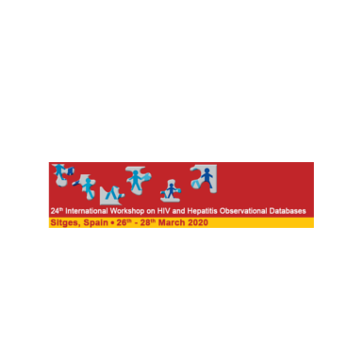
October 21, 2019
Abstract submission for IWHOD 2020 opens on November 1, 2019. The 24th International Workshop on HIV and Hepatitis Observational Databases will be held in Sitges, Spain from March 26-28, 2020.
Important timelines:
For more information visit the IWHOD webpage.

October 1, 2019
The 23rd International AIDS Conference will take place in San Francisco and Oakland from July 6-10, 2020.
Early registration is now open. For more information visit AIDS2020
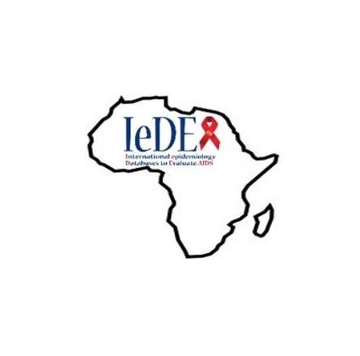
September 27, 2019
IeDEA investigators from all African regions will meet in Johannesburg from October 30-31 2019 for the 3rd All Africa Meeting. The focus of this meeting will be on fostering early career investigators, sharing knowledge and methods and developing multiregional research collaborations.
We invite early career investigators to submit an abstract for a session on day 1 (30 Oct). The submission deadline is 7 October 2019.
Important to note, this does not have to be a new abstract – it can be one that has been recently presented at a conference.
More information about the conference and the submission link can be found here.
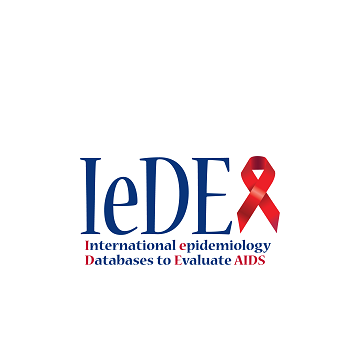
September 23, 2019
The International Epidemiology Databases to Evaluate AIDS (IeDEA) Collaboration is an international research consortium established in 2006 by the National Institute of Allergy and Infectious Diseases to provide a rich resource for globally diverse HIV/AIDS data. The consortium consists of seven global regions: North America (NA-ACCORD); the Caribbean, Central and South America (CCASAnet); Asia-Pacific; East Africa; Central Africa; West Africa; and Southern Africa. To date, the consortium houses data on nearly 1.5 million adults and 150,000 children and adolescents living with HIV. This wealth of data is an excellent resource for training new investigators. In collaboration with Fogarty, six IeDEA regions working in low- and middle-income countries have created training opportunities under the Fogarty IeDEA Mentorship Program (FIMP). Within each region, two 18-month mentee slots will be open to current and recent Fogarty International Center (FIC) D43 trainees, and IeDEA affiliated investigators, for a total of 12 positions globally.
Applications Open: September 16, 2019
Applications Close: November 11, 2019
For more information continue reading here

September 19, 2019
Read our latest Global Newsletter here

September 16, 2019
The CIPHER Grant Programme directly supports the development of early-stage investigators, awarding up to US$150,000 for up to two years to address research gaps in paediatric and adolescent HIV in resource-limited settings. This is a unique “stepping up” opportunity, designed to give investigators the experience they need to compete for larger funding. The grants are resulting in personal and career development, capacity building on the ground, and research that informs critical management and care and leads to policy change.
This year, CIPHER is pleased to also accept applications in French, particularly to encourage more applications from young investigators in West and Central Africa.
For more details and to apply, please visit the IAS / CIPHER website
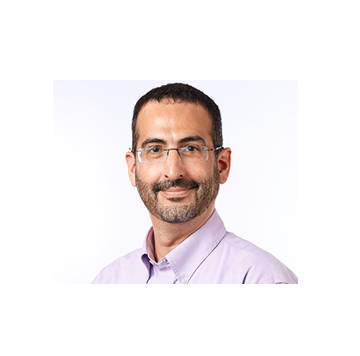
September 10, 2019
Matthew Fox, professor of epidemiology and global health and IeDEA-SA site investigtor for Themba Lethu Clinic has been elected to serve on the board of the Society for Epidemiologic Research (SER) as a member-at-large.
Fox has been a member of SER for more than a decade. As a board member, he plans to foster new ways to expand the reach of the organization, which is the oldest and largest epidemiology society in North America.
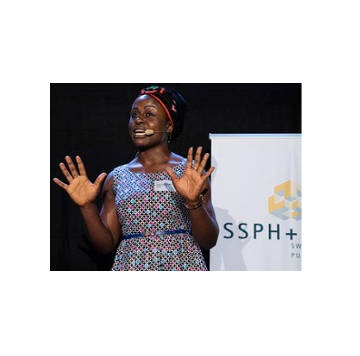
Serra Asangbeh, PhD student at the University of Bern has won the 2019 SSPH+ ScienceFlashTalk Award at the Swiss Public Health Conference
Serra convinced the audience with her 3-minute flash talk on Fighting the ‘female cancer’. In her PhD project Serra identifies and evaluates monitoring indicators from international guidelines and those currently in use in Southern Africa for cervical screening through a systematic review and site survey. You can watch her video here https://tinyurl.com/y686g3yt

August 30, 2019
Abstract submissions and scholarship applications for the 27th Conference on Retroviruses and Opportunistic Infections (CROI) are now being accepted. The deadline for general abstract and scholarship submissions is September 26, 2019. Late-breaker abstract submissions are due by January 15, 2020. CROI 2020 will be held March 8 through 11, 2020, in Boston, Massachusetts.
For more information visit the CROI 2020 website.

August 13, 2019
Read our latest Global Newsletter here
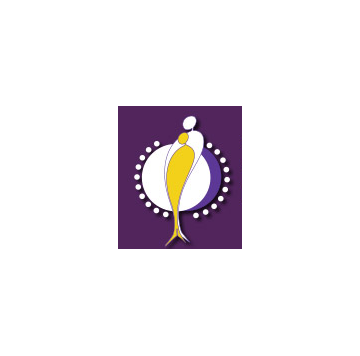
June 17, 2019
Investigators from Resource-Limited Settings and Early Stage Investigators from All Countries can apply for Travel Scholarships for the 21st International Workshop on Co-morbidities and Adverse Drug Reactions in Basel, Switzerland from 5–6 November 2019
Applications for the scholarship are due on Thursday 11th July 2019 by 12 midnight UK time and they cover the following:
The application form is available for download here and more information can be found here.
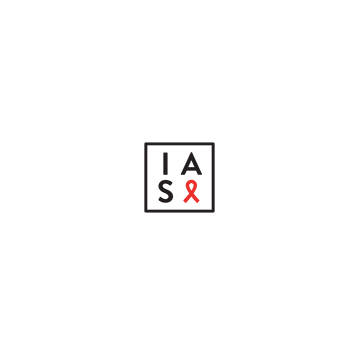
The International AIDS Society (IAS) is honoured to extend an invitation for participation in a scientific symposium fully endorsed by the Zimbabwean Ministry of Health and Child Care, under the theme, Translating Science to End HIV in Southern Africa. The symposium will take place at the Holiday Inn in Harare, Zimbabwe on 24th June 2019.
The symposium will feature leaders in the HIV response sharing how service providers and public health professionals in Southern Africa can best incorporate new science and approaches into their programmes and planning.
For more information and to register, please click here

May 27, 2019
Read our latest Global Newsletter here
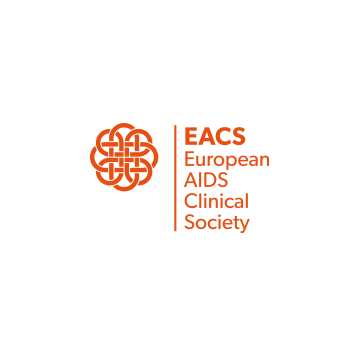
May 21, 2019
For four days in November 2019, Basel will become a global village for the exchange of knowledge on HIV and AIDS.
The 17th European AIDS Conference will take place in Basel from November 6-9, 2019. International experts are brought together to share their science, expertise and experience. All healthcare professionals involved in the field of HIV and co-infections are encouraged to join at the upcoming Conference.
Abstract submission and early registration close on July 11, 2019.
For more information, visit the EACS website.
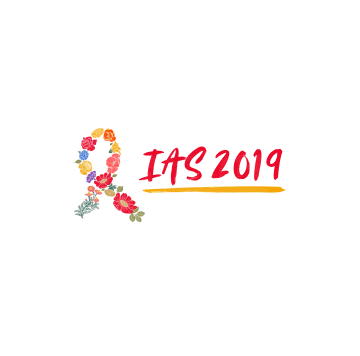
Prior to the 10th IAS Conference on HIV Science (IAS 2019) in Mexico City, Mexico this July there will be a series of pre-meetings providing an in-depth focus on key topics in advance of IAS 2019. Browse the list below and register to plan your pre-conference activities in Mexico City. (more…)
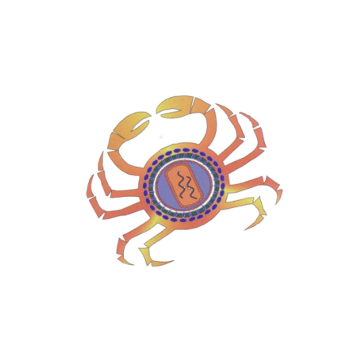
May 16, 2019
The 17th International Conference on Malignancies in HIV/AIDS will take place October 21-22, 2019, at the Lister Hill Center Auditorium on the campus of the National Institutes of Health in Bethesda, Maryland.
The meeting is presented by the Office of HIV and AIDS Malignancy, National Cancer Institute, National Institutes of Health, U.S. Department of Health and Human Services.
Recent advances in areas such as viral oncology, immunology, genetics, epidemiology, pathogenesis, early diagnosis, and clinical investigation of malignant diseases associated with HIV and other acquired immunodeficiency states will be shared at this conference. Our objective is to facilitate the exchange of information between laboratory and clinical researchers so as to accelerate the translation of basic scientific discoveries into clinical applications.
For more information and to register, please visit the ICMH website
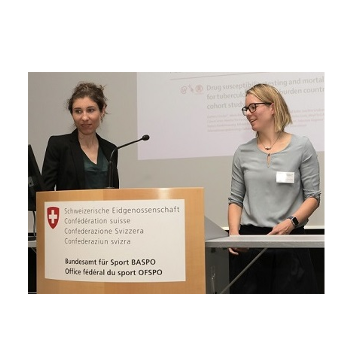
May 10, 2019
This year’s prestigious Swiss TB Award from the Swiss Foundation for Tuberculosis Research was awarded to Kathrin Zürcher and Dr Marie Ballif from the University of Bern IeDEA Southern Africa team.
The IeDEA-multi-regional study, published in Lancet Infectious Diseases, shows that inaccurate tests carried out on tuberculosis patients in developing countries often fail to reliably detect resistance to drugs, leading to incorrect treatment and a higher mortality rate.
Around ten million people around the world develop tuberculosis every year and 1.5 million people die from tuberculosis each year. 87% of those affected live in or come from developing countries. According to WHO, resistance to drugs used to treat tuberculosis—as well as the proliferation of multi-resistant tuberculosis strains—is one of the most pressing global health problems. The study compared the results of tests to detect drug resistance in patients done in developing countries with the results of testing at the Swiss tuberculosis reference laboratory in Zurich. For the first time, researchers were able to demonstrate that many cases of drug resistance remain undetected due to inaccurate tests, and that this led to patients being treated incorrectly and, thus, to more deaths.
Researchers collected and investigated samples and clinical data from 634 patients from heavily affected countries over the course of four years, including Côte d’Ivoire, the Democratic Republic of the Congo, Kenya, Nigeria, South Africa, Peru and Thailand. The samples of the bacterial pathogen Mycobacterium tuberculosis (Mtb) were analyzed at the National Center for Mycobacteria at the University of Zurich. This center served as a reference laboratory and compared its results with those of the resistance tests from the various countries. According to the reference laboratory, 7% of the bacterial cultures were shown to be resistant against one drug (monoresistant), 26% against several drugs (multiresistant), and 5% were resistant against most drugs (extensively drug resistant). In 20% of cases, the results from the local laboratories differed from those from the reference laboratory. Almost 60% of patients in whom resistance was not discovered, and who thus received insufficient treatment died. Overall, the mortality rate among patients with discrepant test results was almost twice as high as the mortality in patients for whom the test results coincided.
The study was a collaboration of ISPM at the University of Bern with the National Center for Mycobacteria at the University of Zurich, the Swiss Tropical and Public Health Institute (Swiss TPH) and the International Epidemiology Databases to Evaluate AIDS (IeDEA). It was financially supported by the Swiss National Science Foundation SNF, and the US National Institute of Health (NIH).
The complete paper can be accessed here
Kathrin Zürcher
Kathrin has a Master degree in Physiotherapy. Through her work in South Africa she treated many patients with HIV, TB and other conditions related to these diseases. To better understand these diseases, different methodologies and statistical analysis she has undertaken a Master in Epidemiology at the Swiss Tropical and Public Health Institute. She continues her work with a PhD in the field of TB and HIV within the framework of IeDEA-SA .
Marie Ballif
Marie Ballif, MPH, PhD is a research scientist at the University of Bern, Switzerland. She has been working for IeDEA since 2012. Her projects focus on HIV and tuberculosis.
She has been working on the ambitious multiregional “TB genomics” project, aiming at understanding the mechanisms underlying TB drug resistance in HIV infected and uninfected individuals, in collaboration with the Swiss Tropical and Public Health Institute and the University of Zurich. Her mentors for this work include Matthias Egger and Lukas Fenner.
In parallel, she is working on the IeDEA Southern Africa regional project called “tracing studies”, aiming at understanding the care and vital status of people living with HIV who are lost to follow-up.
Marie Ballif recently completed a MSc in Public Health at the London School of Hygiene and Tropical Medicine in London, UK.

May 7, 2019
The Journal of the International AIDS Society (JIAS) has opened a call for papers for a new special issue on “Data-driven HIV prevention: the HIV prevention cascade and beyond” to be published in conjunction with the 23rd International AIDS Conference (AIDS 2020).
Deadline for submission is July 15 and papers could include:
To find out more about this upcoming special issue and how you can submit your article, please click here
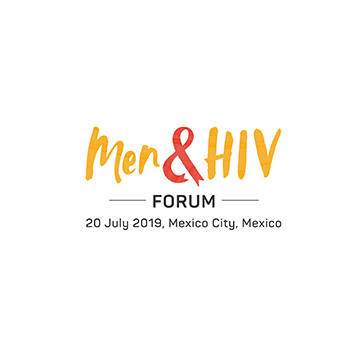
Registration for the “Men & HIV Forum” is now open. The forum will be held on July 20 in Mexico City prior to the 10th IAS Conference on HIV Science (IAS 2019).
For more information visit the Men & HIV Forum and to register visit the IAS Website
There is also a call for abstracts proposing research articles for a supplement of the Journal of the International AIDS Society (JIAS), titled “Men & HIV”, to be published in July 2020 in
conjunction with the 23rd International AIDS Conference (AIDS 2020). More information can be found here
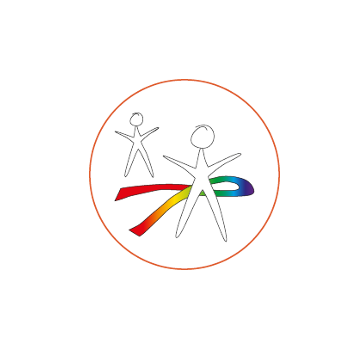
May 6, 2019
The 3rd International Workshop on HIV & Adolescence will take place on October 2-4 in Nairobi, Kenya.
Researchers, healthcare professionals and programmers from all over the world are invited to submit their abstracts on the following topics:
Abstract submission deadline is June 28 2019.
For more information visit the website or submit your abstract here
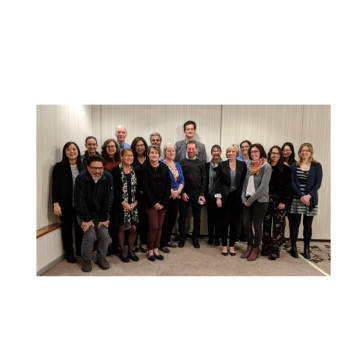
April 8, 2019
IWHOD 2019 concluded successfully.
Check out a selection of photos from IeDEA presentations here
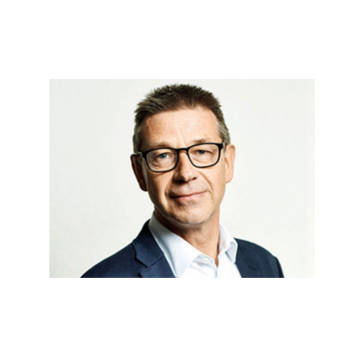
March 26, 2019
A portrait article about Matthias Egger was published in the March issue of the journal «The Lancet. Infectious diseases.». In the same issue, the publication «Drug susceptibility testing and mortality in patients treated for tuberculosis in high-burden countries: a multicentre cohort study» was also published. Continue reading

March 25, 2019
Read our latest Global Newsletter here
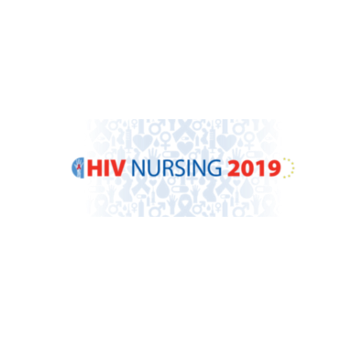
March 15, 2019
HIV Nursing 2019 will offer an opportunity for discussion, debate, and networking as nurses from around the world collectively work to improve the prevention, care, treatment, and support services delivered to people affected by HIV. Moreover, the conference will focus on the role of nurse clinical leadership in supporting global programmatic targets (90-90-90) and the Sustainable Development Goal of ending AIDS as a public health threat. (more…)
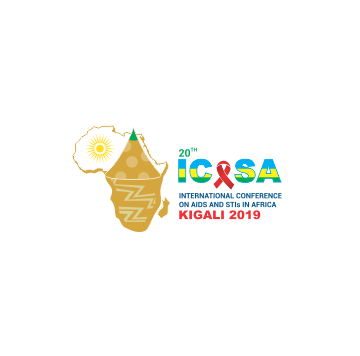
March 12, 2019
The 20th ICASA conference will take place in Kigali, Rwanda from December 2 – 7 2019.
Early registration is now open – for more details visit the ICASA 2019 website
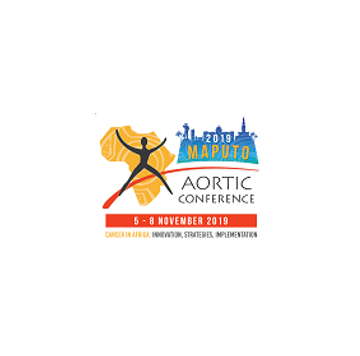
March 11, 2019
The AORTIC International Conference on Cancer in Africa is a unique platform to learn and collaborate. The conference brings together multidisciplinary specialists from the global cancer community to reduce the impact of cancer in Africa.
Registration is now open, for more information and to register visit the AORTIC website.

March 4, 2019
CROI 2019 is over. We look back to a very successful conference with many interesting talks and productive meetings.
Access to selected IeDEA-meeting-presentations, the IeDEA-highlights, the full programme and to the webcasts.

Adolescents are developmentally at a difficult crossroad, which makes it challenging to attract and sustain adolescents’ focus on maintaining their health. Every effort must be made to engage and retain adolescents in care so they can improve and maintain their health for the long term.

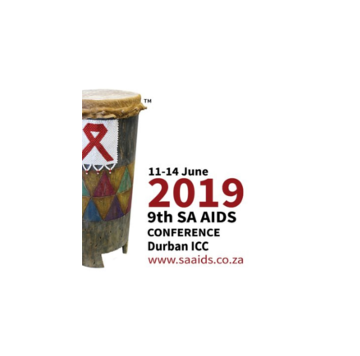
The 9th SA AIDS Conference will be held at the Durban ICC from June 11 – 14 2019.
This is a biannual conference hosted by Dira Sengwe and organised by The Foundation for Professional Development (FPD) who also serve as the Conference Secretariat for the Conference Committee Structures.
This conference is the second largest HIV conference in the world, attended by over 3,000 people, 25% of which are from countries other than South Africa.
More information can be found here

The programme preview of the 10th IAS Conference on HIV Science (IAS 2019) is now available featuring the confirmed symposia and plenary sessions.
Symposia sessions address critical issues that defy simple solutions. Focusing on a single, clearly defined topic or issue, speakers and delegates share experiences, contribute relevant research findings, and brainstorm ideas to identify possible ways forward.

February 8, 2019
The IeDEA global Research Highlights are now online – check them out here.

January 31, 2019
Read our latest Global Newsletter here

December 18, 2018
Hazardous alcohol consumption has been shown to be higher among people living with HIV compared to the general population. A new study from a collaboration between IeDEA West and South Africa looks at the prevalence of binge drinking among people living with HIV in four African countries.
Read the full article in Journal of the International AIDS Society (JIAS)

December 10, 2018
CIPHER launched its Growing the Leaders of Tomorrow Fellowship Programme in 2017 to build and support clinical research leadership in paediatric and adolescent HIV in low- and middle-income countries, particularly high-burden countries in sub-Saharan Africa.
CIPHER Fellows are medical practitioners from sub-Saharan Africa with clinical research experience and the potential to become the next generation of leaders in paediatric and adolescent HIV clinical science. Each fellow receives $70,000 over two years, and has already linked with a potential mentor. The mentor is an internationally renowned researcher in paediatric and adolescent HIV with an established clinical research collaboration based at an institute of excellence in sub-Saharan Africa.
By supporting this link, the programme strengthens each fellow’s research skills, facilitates their integration into international clinical research networks, and enables them to compete more effectively for international research funding. At the same time, it helps address priority research gaps in paediatric and adolescent HIV clinical science and contributes to building institutional capacity in sub-Saharan Africa.
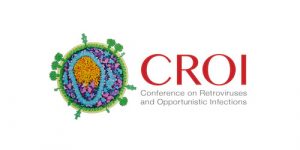
The general registration application system for the 2019 Conference on Retroviruses and Opportunistic Infections (CROI) is now open. This year, CROI will take place in Seattle, Washington, USA, from March 4 through March 7, 2019.


December 3, 2018
The 10th IAS Conference on HIV Science will be held from July 21 to 24, 2019 in Mexico City.
For more information and registration visit the IAS 2019 website
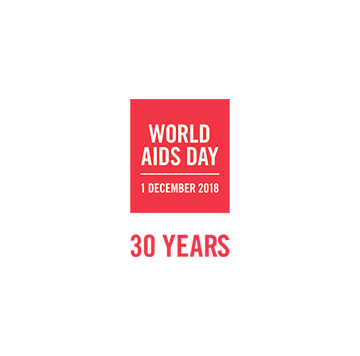
The theme of this year’s World AIDS Day was “Live life positively – know your HIV status”. Visit the UNAIDS website and read some of the World AIDS Day 2018 statements.
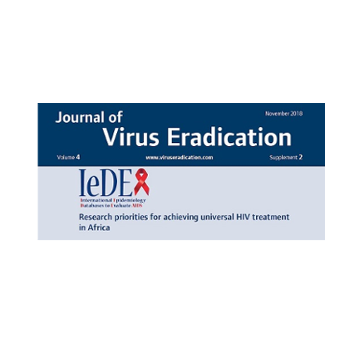
November 20, 2018
Nearly all countries in sub-Saharan Africa (SSA) have adopted national polices for universal HIV treatment, regardless of CD4 cell count or clinical stage. Evidence to date from SSA suggests that, once linked to care, timely ART initiation with retention and viral suppression is the norm. However, ART initiation in SSA usually occurs late in the course of infection, driving up mortality and new infection rates. With 10.3 million people untreated and a projected 1.2M new infections per year in SSA, the universal treatment era presents strategic opportunities for health systems to substantially reduce AIDS-related mortality and HIV incidence. This special issue of the Journal of Virus Eradication, with contributing authors from the African regions of the IeDEA consortium and the World Health Organization (WHO), contains an editorial and eight articles focused on issues critical to ensuring the success and impact of universal treatment implementation in SSA.
To see all articles click here

The IeDEA Global Newsletter is now online
November 13, 2018
Registration for INTEREST 2019 is open! Secure your participation soon as limited space is available.
For more information and registration, please see
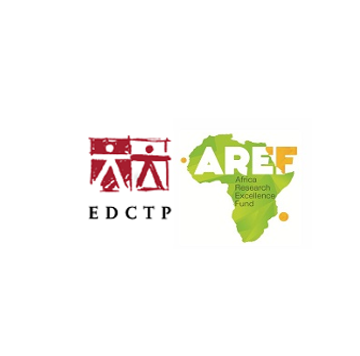
November 6, 2018
The Africa Research Excellence Fund (AREF) and the European and Developing Countries Clinical Trials Partnership (EDCTP) are jointly calling for applications from emerging African health researchers for AREF-EDCTP Preparatory Fellowships.
Closing date: 1 February 2019
The fellowships provide up to 70,000 Euro of funding for a professional training and development programme that includes
The maximum award period is 12 months including the placement.
To be eligible, you must have been awarded a PhD or MD from a recognised academic institution within the last 3 years as at the closing date for Stage 1 of the call.
Full details:
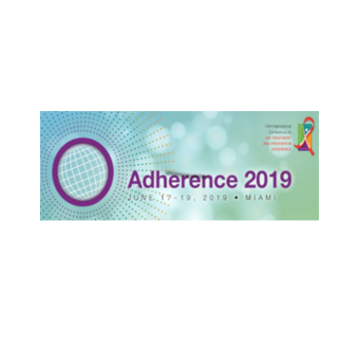
November 1, 2018
Adherence 2019 will take place June 17-19, 2019, at the Loews Miami Beach Hotel in Miami, FL, USA. Sponsored by the International Association of Providers of AIDS Care (IAPAC), this annual series of conferences features the presentation and discussion of HIV treatment and biomedical prevention adherence research, and current behavioral and clinical perspectives in practicum, within the context of optimizing the continuum of HIV care and prevention. Adherence 2019 will also feature an implementation science track focused on closing gaps between evidence and routine practice for health in real-world settings.
For more information and registration/abstract submission please click here

October 29, 2018
The Desmond Tutu HIV Foundation (DTHF) at the University of Cape Town, in partnership with the International AIDS Vaccine Initiative (IAVI), invites ambitious African research fellows to undertake adolescent research in an exciting flagship HIV research programme.
Apply here for a fully funded opportunity to contribute to adolescent HIV/TB research, in Cape Town, South Africa.
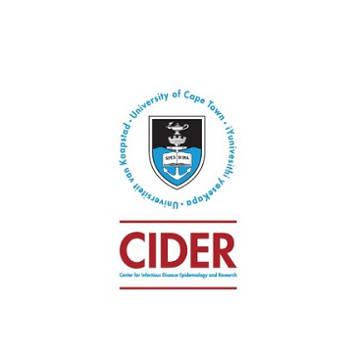
October 8, 2018
The Centre for Infectious Diseases Epidemiology & Research (CIDER) in the School of Public Health & Family Medicine at the University of Cape Town has been made the World Health Organization (WHO) Collaborating Centre for HIV Epidemiology and Research. The Collaborating Centre is based on CIDER’s longstanding contributions to WHO policy through research and innovation, including in the areas of health information systems, epidemiology of HIV/AIDS, and analyses of patients receiving antiretroviral therapy (ART).
This is a major accomplishment for the CIDER team, and the four-year term of the Collaborating Centre will see continued work with WHO to strengthen international policies in these areas.

September 17, 2018
The IAS CIPHER Research Grant Programme will focus on operational science in paediatric HIV, providing first-time primary investigators awards of up to US$150,000 for two years. Applications now open.
Learn more here

September 12, 2018
The IeDEA Global Newsletter is now online
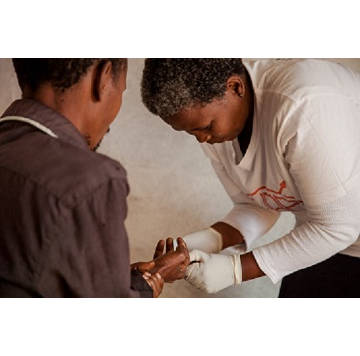
August 28, 2018
Men make up slightly less than half of the adults living with HIV across the world. Yet they account for nearly 60% of the AIDS related deaths.
This is one of the observations from the The Lancet Commission on HIV, which looked at the global response to the pandemic. According to the report, the key driver of this gender difference in health outcomes between men and women is that men use health care services less than women, read the report here.
Read more and listen to the follow-up interview with POWER Zone.

July 11, 2018
The program for the 10th Swiss Epidemiology Winter School is published and registration will open on Sunday, 15th July 2018!
Please find the course program here or on our website.
Detailed information about the courses and their contents as well as information about social events, accommodation and FAQs is also provided on the website.
Empirically the courses are filling up very quickly, so do not wait too long with your registration.
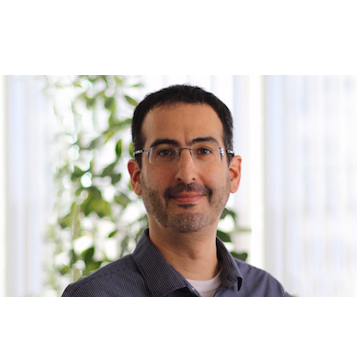
Matthew Fox, professor of epidemiology and global health and site investigator for the Themba Lethu Clinic, joined the editorial board of the Journal of the International AIDS Society as a deputy editor in May 2018.
Fox is co-director of the Health Economics and Epidemiology Research Office (HE2RO) of the Wits Health Consortium, University of the Witwatersrand, Johannesburg, South Africa. In his work at HE2RO, Fox analyzes treatment data to find solutions to bettering HIV treatment, broadening treatment access, and improving outcomes in South Africa, where more than 3 million people are being treated for HIV.

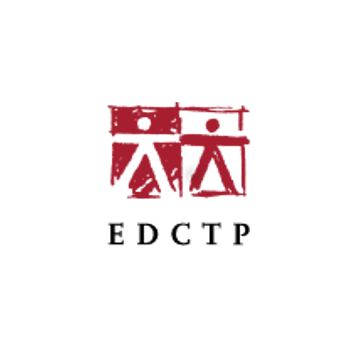
June 11, 2018
The European & Developing Countries Clinical Trials Partnership (EDCTP) funds 11 calls this year on clinical research and research capacity in sub-Saharan Africa. The EDCTP funds clinical research to accelerate the development of new or improved drugs, vaccines, microbicides and diagnostics against HIV/AIDS, tuberculosis and malaria as well as other poverty-related infectious diseases in sub-Saharan Africa. Read more
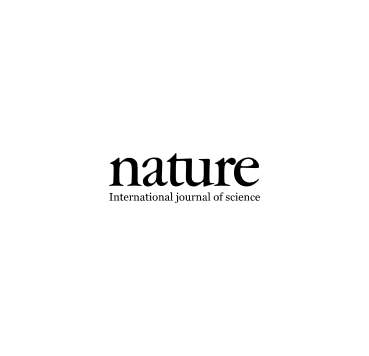
May 28, 2018
In the Nature Research News & Views section an article has been published focusing on the CIPHER (Collaborative Initiative for Paediatric HIV Education and Research) Global Cohort Collaboration paper about Inequality in outcomes for adolescents living with perinatally acquired HIV in sub-Saharan Africa.
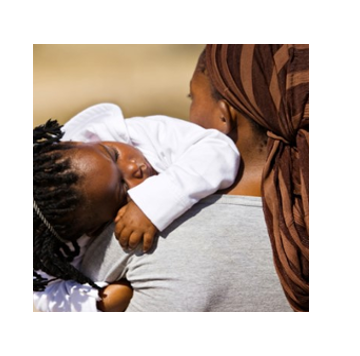
May 24, 2018
Call for applications: Postdoctoral Research Fellowship HIV-exposed uninfected child health outcomes – deadline 22nd June 2018
The Centre for Infectious Disease Epidemiology and Research (CIDER) at the University of Cape Town School of Public Health, in partnership with the Collaborative Initiative for Paediatric HIV Education and Research (CIPHER) is pleased to announce a call for applications for a 15-month Postdoctoral Research Fellowship. (more…)
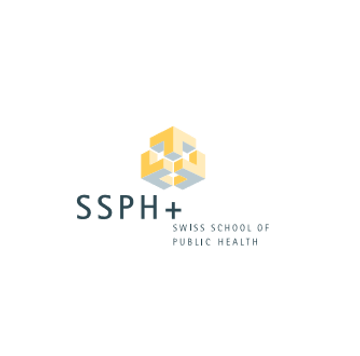
May 23, 2018
Doctoral fellowships in public health sciences available for talented students from all over the world: first call will be launched on July 2, 2018. Continue reading
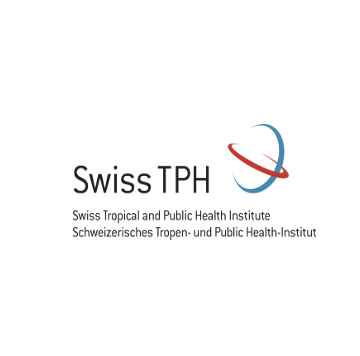
May 22, 2018
Deadline for submission: 10th June 2018
The Leading House for sub-Saharan Africa has launched a call for advanced PhD students and early postdoctoral researchers from Switzerland and sub-Saharan Africa.
Applicants can apply for a visiting fellowship between 3 and 15 months and eligible costs include equipment costs, research funds and mobility stipends.
Projects should address any of the Sustainable Development Goals (SDGs) in the context of Swiss–sub-Saharan African cooperation, and multidisciplinary projects are encouraged from collaborations that include one or several domains of Climate Change, Global and Environmental Health, Migration, Nanosciences and Social Sciences.
Each candidate can apply for a maximum budget of 70,000 CHF by the 10th of June.
The full information of the call can be found on.

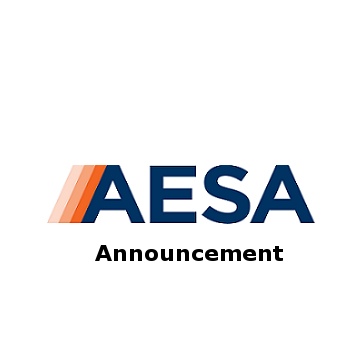
April 10, 2018
The African Postdoctoral Training Initiative – a partnership of the African Academy of Sciences, the Bill and Melinda Gates Foundation, and the U.S. National Institutes of Health
Application process opens April 11, 2018 – Application deadline May 11, 2018
The African Academy of Sciences (AAS), the U.S. National Institutes of Health (NIH) and the Bill & Melinda Gates Foundation are partnering under the auspices of the Coalition of African Research & Innovation (CARI) to establish a post-doctoral training fellowship program, the African Postdoctoral Training Initiative (APTI). Training will be at a world class institute, the intramural laboratories of NIH.
APTI fellows will train in a global health research area of priority for their home institutions and countries, and AAS, BMGF and NIH, while building bridges and lasting connections between the partner organizations and African scientists and institutions.
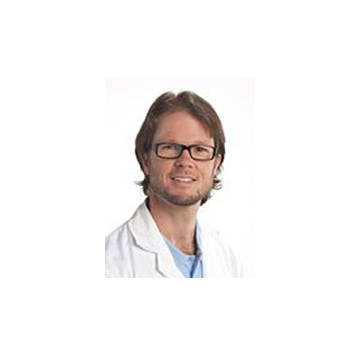
March 2, 2018
In February 2018, the Swiss National Science Foundation awarded 39 new SNSF professorships to outstanding young researchers. Gilles Wandeler from the University of Bern is one of them – Congratulations!
More information about the programme can be found here

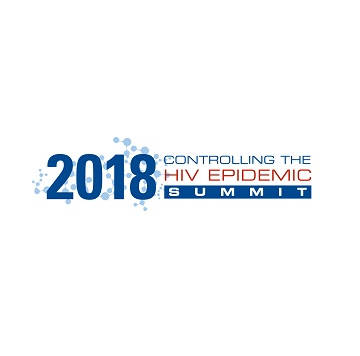
February 27, 2018
The International Association of Providers of AIDS Care (IAPAC) will host the 2018 Controlling the HIV Epidemic Summit on May 3-4, 2018, at the International Conference Centre in Geneva, Switzerland. The summit partners include the Joint United Nations Programme on HIV/AIDS (UNAIDS), the Global Network of People Living with HIV (GNP+), the Foundation for AIDS Research (amfAR), and the Geneva University Hospitals (HUG).
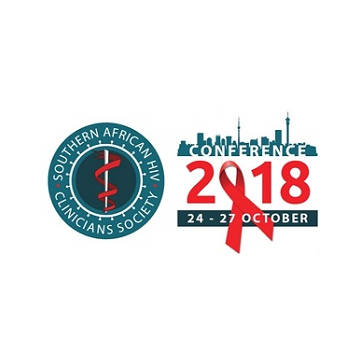
February 13, 2018
CALL FOR ABSTRACTS – submission deadline 6 August 2018
The Scientific Committee invites papers of high quality in HIV research relevant to the Southern Africa context. Work that introduces new research, ideas and understanding to the field is encouraged.
Click here for more information and to submit

February 12, 2018
The Africa Research Excellence Fund (AREF) is delighted to announce the launch of the Excell Researcher and Leadership Development Programme funded with a grant from the Robert Bosch Stiftung
Application deadline: 15th March 2018
The aim of the Excell programme is to enhance research capacity in global health – by African scientists in Africa for Africa. Through this 2-year programme, AREF will work closely with four to six research institutions from Sub-Saharan Africa, selected competitively. AREF will enable 20 individual researchers (nominees) from our participating research institutions to realise their potential – build strong research careers, empower excellent teams, win funding and collaborate internationally.
In the 18 months from May 2018 to October 2019, the programme will include: (more…)

January 29, 2018
The 12th INTEREST Conference (known as the ‘African CROI’) will take place from 29 May – 1 June 2018 in Kigali, Rwanda. The Conference brings together scientists involved in HIV treatment, pathogenesis, and prevention research in Africa to share pivotal findings, promote collaboration, and transfer experiences across several fields and many continents. The conference will showcase cutting-edge knowledge in the diagnosis and treatment of HIV and the prevention of the HIV-1 infection. Additionally, it will continue to foster building a community of African physicians and scientists to facilitate the implementation of local solutions for the management of patients living with HIV-1 infection and for the prevention of HIV transmission. (more…)

January 25, 2018
Application deadline 19 February 2018
The Mark Wainberg Fellowship Programme, an initiative of the IAS Educational Fund, is aimed at contributing to improving the quality of HIV service delivery in resource-limited settings by providing two-year fellowships to five clinicians from sub-Saharan Africa, who will spend one year in Europe and one year in Africa at clinical institutions. The programme will offer in-depth training for clinicians committed to careers in HIV clinical service delivery in sub-Saharan Africa with the aim of strengthening access to high-quality services for sub-Saharan Africa populations, with a client-centred service delivery approach.
December 13, 2017
December 5, 2017
HIV drug resistance is increasing rapidly in southern and eastern Africa and Latin America and, as a result, it may soon be necessary to change the recommended first-line antiretroviral drug regimen in many countries to integrase inhibitor-based treatment, according to an analysis published in The Lancet Infectious Diseases on 30 November.
IeDEA-SA is funded by the National Institute of Allergy and Infectious Diseases, National Cancer Institute, Eunice Kennedy Shriver National Institute of Child Health and Human Development, National Institute on Drug Abuse and National Institute of Mental Health under Grant U01AI069924 . The content of this website is solely the responsibility of the authors and does not necessarily represent the official views of the National Institutes of Health.